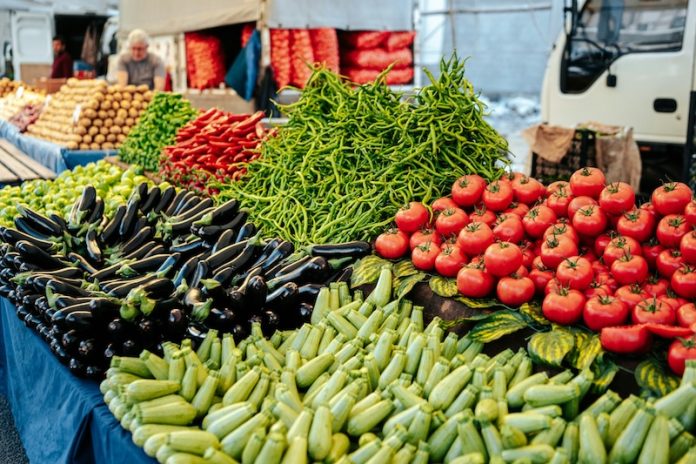
A new study has found that eating more fruits and vegetables can help lower blood pressure and improve both heart and kidney health, especially in people with high blood pressure. The results were published in The American Journal of Medicine and suggest that healthy foods should play a bigger role in treating hypertension.
High blood pressure, also known as hypertension, is one of the main causes of heart disease and kidney failure. It’s even more dangerous for people who already have kidney problems.
Although many people take medicine for high blood pressure, the number of people with heart and kidney complications continues to grow. In fact, for people with chronic kidney disease, heart disease is the top cause of death.
Doctors know that eating a healthy diet can help control blood pressure. The DASH diet (Dietary Approaches to Stop Hypertension) is one example. It focuses on fruits, vegetables, and other whole foods.
Studies have shown that it can lower blood pressure and reduce the risk of heart problems. Still, the DASH diet isn’t recommended as often as it should be, and even when it is, many patients find it hard to follow.
This new study provides strong evidence that increasing fruit and vegetable intake has big benefits. It was led by Dr. Donald E. Wesson, a kidney specialist at The University of Texas at Austin.
Dr. Wesson has studied how the kidneys help remove acid from the body. He found that eating too many acid-producing foods, like meat and cheese, can stress the kidneys. On the other hand, fruits and vegetables help balance the body by reducing acid, which protects the kidneys. These foods are also good for the heart.
To better understand the effects of diet, Dr. Wesson and his team conducted a five-year study with 153 people who had both high blood pressure and chronic kidney disease. They divided the participants into three groups:
One group ate 2 to 4 cups of fruits and vegetables each day, along with their regular diet.
The second group took sodium bicarbonate tablets (similar to baking soda), which help reduce acid levels in the body.
The third group received standard medical care without any extra diet or supplements.
The results showed that both the fruit and vegetable group and the baking soda group had better kidney health. However, only the group that ate more fruits and vegetables also saw lower blood pressure and a lower risk of heart disease. They even needed lower doses of blood pressure medication than the others.
Dr. Maninder Kahlon, a co-investigator on the study, said that while both approaches helped the kidneys, only fruits and vegetables also helped the heart. That’s why the researchers recommend that eating more fruits and vegetables should be the first step in treating high blood pressure, before turning to medications.
Dr. Wesson added that it can be hard for some patients to make big diet changes, but these changes can be very effective in managing long-term health problems. He urged doctors to help patients access healthy foods and to talk more about diet as a key part of treatment.
The researchers also encouraged people with high blood pressure to ask their doctors about a urine test called the urine albumin-to-creatinine ratio (UACR). This test can show early signs of kidney problems, which also increase the risk of heart disease.
This study shows how powerful food can be when it comes to health. By simply adding more fruits and vegetables to your meals, you may be able to lower your blood pressure, protect your kidneys, and reduce your chances of serious heart problems—all without needing more pills.
If you care about kidney health, please read studies about drug that prevents kidney failure in diabetes, and drinking coffee could help reduce risk of kidney injury.
For more information about kidney health, please see recent studies about foods that may prevent recurrence of kidney stones, and common painkillers may harm heart, kidneys and more.
Copyright © 2025 Knowridge Science Report. All rights reserved.



